I had the pleasure of meeting Rick Schultz, the founder and inventor of High Fidelity Cables, at THE Show Newport 2016. In one room he had an informative presentation on his patented magnetic conduction technology and the other a full-fledged setup with custom speakers and a multitude of his magnetic products. I sat through a couple rounds of his live demo where the benefits of his technology were demonstrated. The magician conducting the live demo swapped in and out a bunch of his MC-0.5 plugs and the differences were unquestionably audible. When a total of 6 MC-0.5 plugs + a MC-6 power conditioner were displaced from the rig, the soundstage collapsed and all dynamics were lost. If you were there and heard a “Boooo!”…that was me. When all is plugged back in, the music is brought back to life with shine, punch, and amazing resolution. If I recall correctly, they had over thirty MC-0.5s in this setup hooked up with power outlet splitters purchased from Home Depot. Needless to say, this sparked my curiosity in his technology.
Without getting into the technical details, this technology basically strips away the RF interference and focuses electrons to allow a denser current stream. This essentially allows the electrons to move quicker in the stream than is possible without the magnetic influence. Sounded a bit gimmicky…until I actually heard it for myself.
I couldn’t help but to take a few of these devices back to the Audio Bacon lab, including the magnetic RCA adapters. Since most of my reviews are predominately on headphones and not 2-channel, I took these unassuming cylindrical beasts to my friend Siao’s place. He just finished a few of his bass traps and spent the better part of the last few months adjusting his system. Here’s a general summary of the setup:
- 2 x B&W CM9 V1 Speakers
- Denon AVR-4311CI Receiver
- Lumin S1
- Challenger AE15 Digital Cable
- PS Audio P10
- Kimber Silver Streak RCA Interconnects
- Custom traps
Music was played through an iPad via the Lumin app and streaming was done mostly through Tidal.
I would like to say upfront, although the speakers and amps weren’t the best, this system sounded phenomenal (I mean it’s still a ~$30,000 system). I think he did a fine job setting up the traps and finding optimal speaker placement for his room. I spent hours over the course of a few days just listening to it. Unlike headphones, the immersion you get from a 2-channel is unmatched and allows you to enjoy music differently albeit more physically. It takes goosebumps to another level when Adele’s breath is felt upon your beating heart as she sings the word…”Hello.” Damn it I wish I had the space for a setup like this.
So the goal of this experiment is to find out how much these HFC RCA adapters improve (if any) the sonic qualities of this system. I’ll break it down into the following parts:
- Session without the RCA adapters
- Session with only the source RCA adapters
- Session with both the source and destination RCA adapters
Since I’ve already mentioned how great this system sounded without RCA adapters, we went ahead and attached the source adapters to the Lumin S1 (Truly a TOTL streamer/DAC). Please keep in mind the source/destination adapters are different and have arrows to indicate the direction.
Session with Only Source RCA Adapters
We selected a few tracks and swapped back and forth between adapters and straight Kimber Silver Streak RCAs. These were our findings when the adapters were connected:
- There’s an immediate sense of clarity and “tightness” to the sound
- All actors were better delineated
- Instrumentation separation and complexity in layering was notably improved
- A much more natural tonality. The sound isn’t as anxious for lack of a better word.
- Without the adapters, the original sound was a bit veiled and muddy in comparison
- Imaging was better and the low-end was more detailed and tighter.
- Textures were better presented, especially strings
- An perceptibly more holographic sound
From what we could hear, there were ZERO drawbacks from using the RCA source adapters on this system. It improved the overall presentation by giving it a bit of shimmer and body in all the right places. The differences weren’t subtle to my ears. The source RCA adapters went beyond my expectations. The destination RCA adapter can’t really do much more to improve the sound right? RIGHT?
Session with Both the Source and Destination RCA adapters
- Far more engaging and spacious than with just the source adapters
- A remarkably fuller and more holographic presentation
- Just the right amount of sparkle up top and detailed low-end presence with the right amount of slam
- Amazing PRaT. Fast and immediate without being aggressive
- Much more realism in both vocals and instruments. I think this was the most significant improvement.
- Even larger soundstage, more precise imaging, and voluminous air around the actors and instruments
- Fresher and sharper dynamics. Coherence and precision.
- A snappy but delicate presentation without sacrificing musicality
I really couldn’t believe the audible contrasts between having just the source and having both source and destination adapters in place. In my opinion, if you’re going to use the adapters, go for both. Bang for buck is a bit of an understatement as I’ve found these adapters completely transformed the sound quality of this system and has elevated it a few leaps forward…without having to purchase expensive amps, speakers, or cables. Also, out of curiosity I tried these adapters on my cheapo $300 M-Audio BX5a near-field speakers and it was a huge improvement as well. These magnetic RCA adapters are nothing short of magical.
Conclusion
This experiment had some unexpected results for me. I did expect some kind of improvement but not at this magnitude. These innocent-looking little magnets were not only able to improve all sonic elements of this system, but brought it to heights I believe only achievable with at least five times more money. However, given that the magnetic conduction technology is patented, you might not even get this “magnetic signature” without Rick’s products. If you’re stuck finding an inexpensive way to upgrade your current 2-channel system, I cannot recommend the High Fidelity Cables Magnetic RCA Adapters highly enough. It’s a no-brainer. So much so, I spoke with my wallet and placed an order for a pair.
A big thank you to Rick for developing such an amazing product and to Siao for allowing me to hijack his system and plant myself at the sweet spot for hours on end.
Check the RCA adapters along with Rick’s other products at High Fidelity Cables.

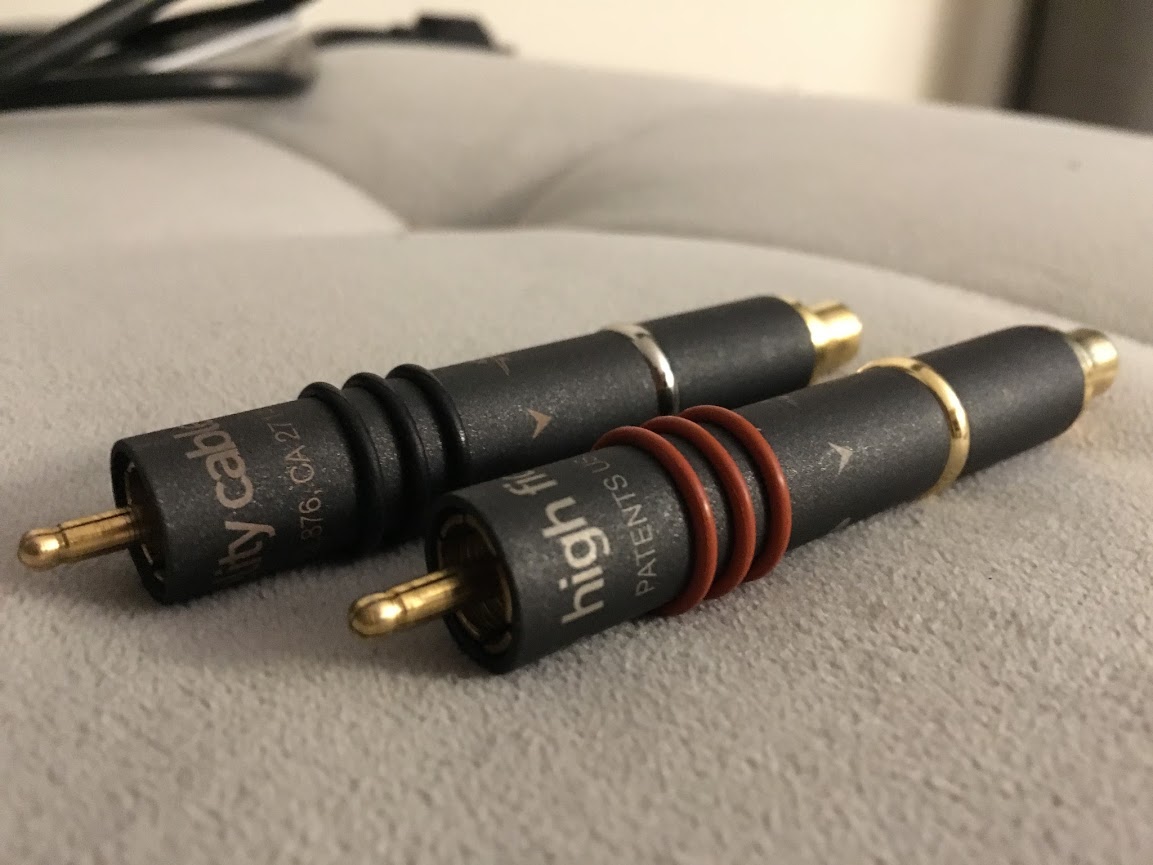
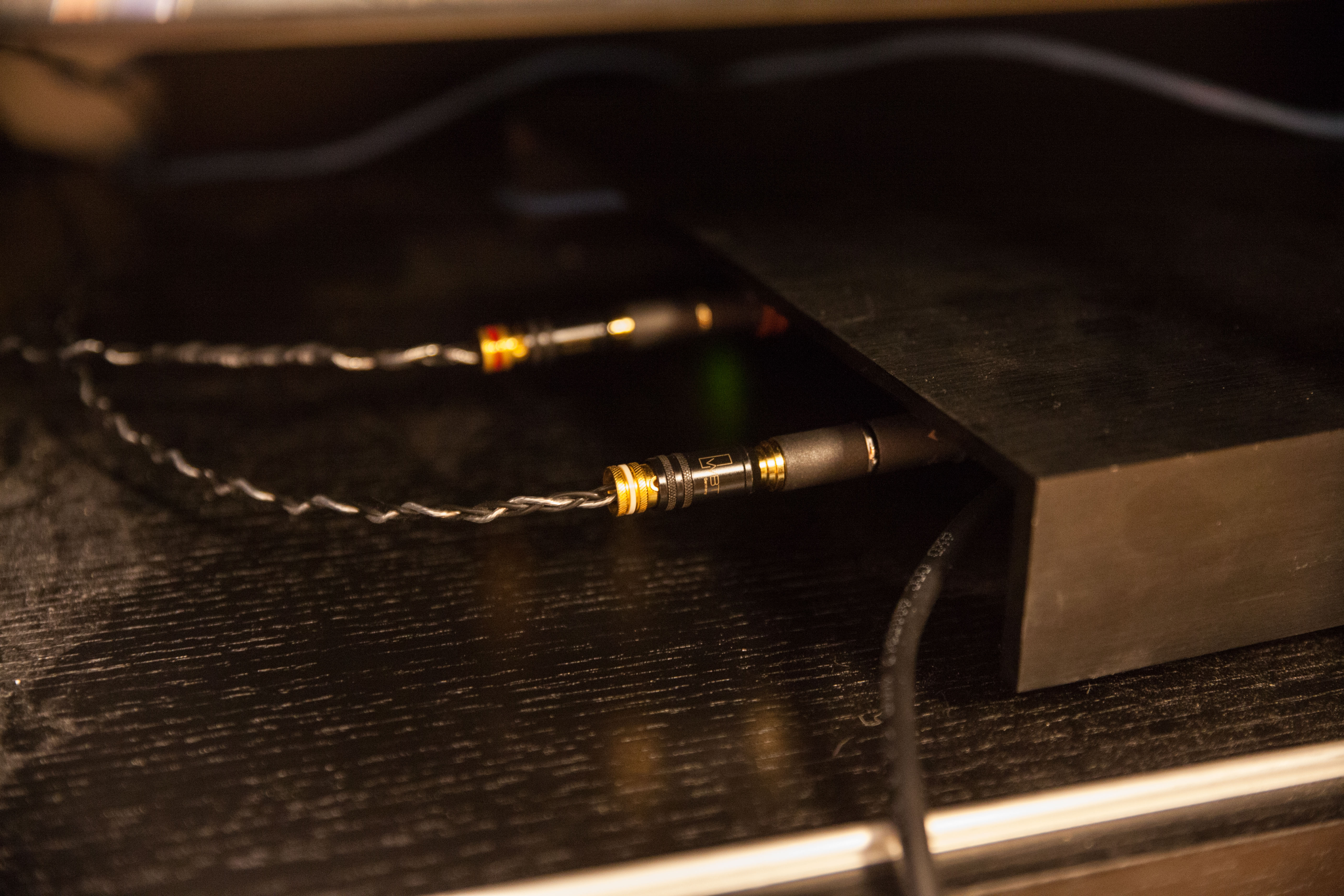
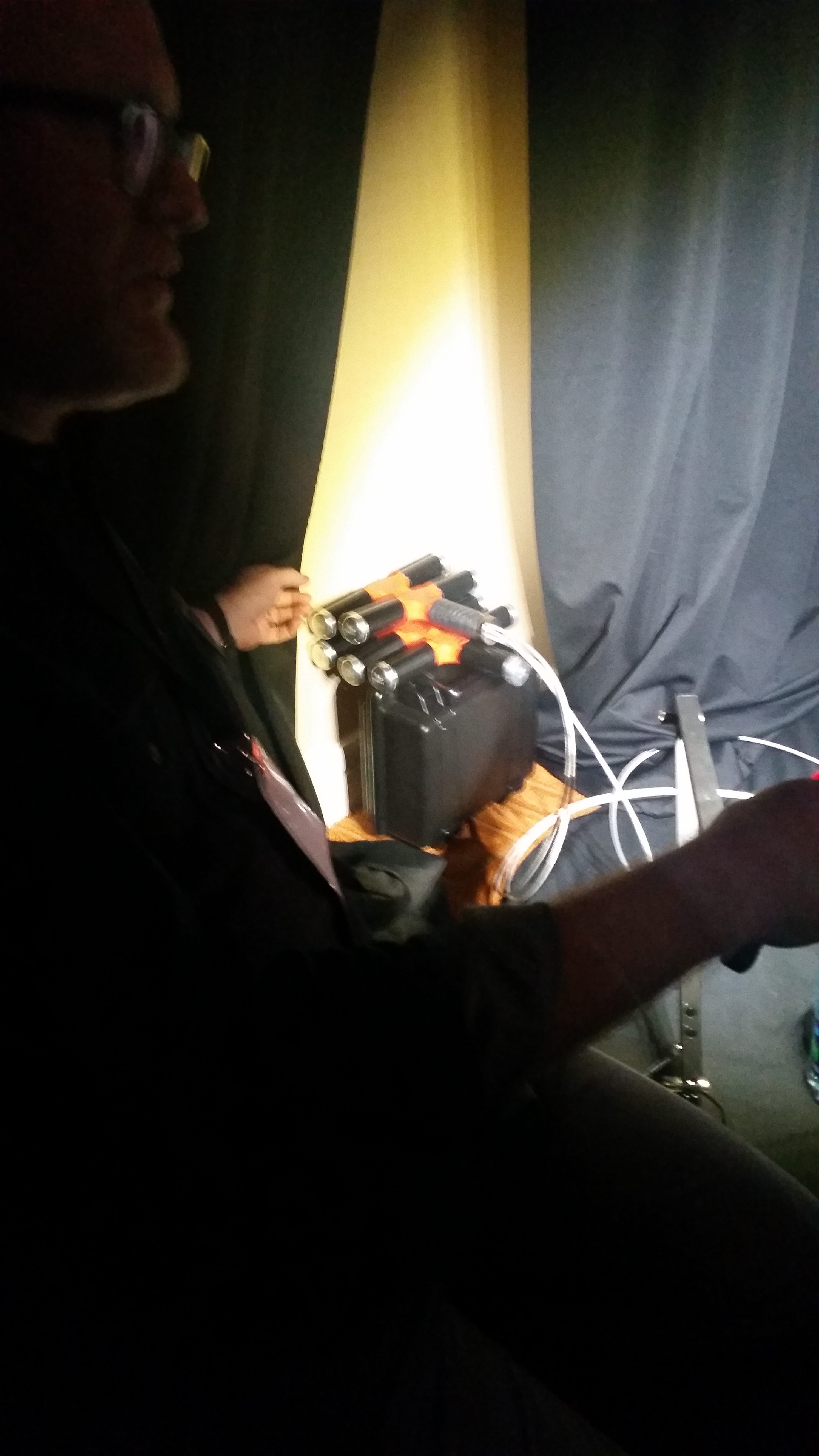
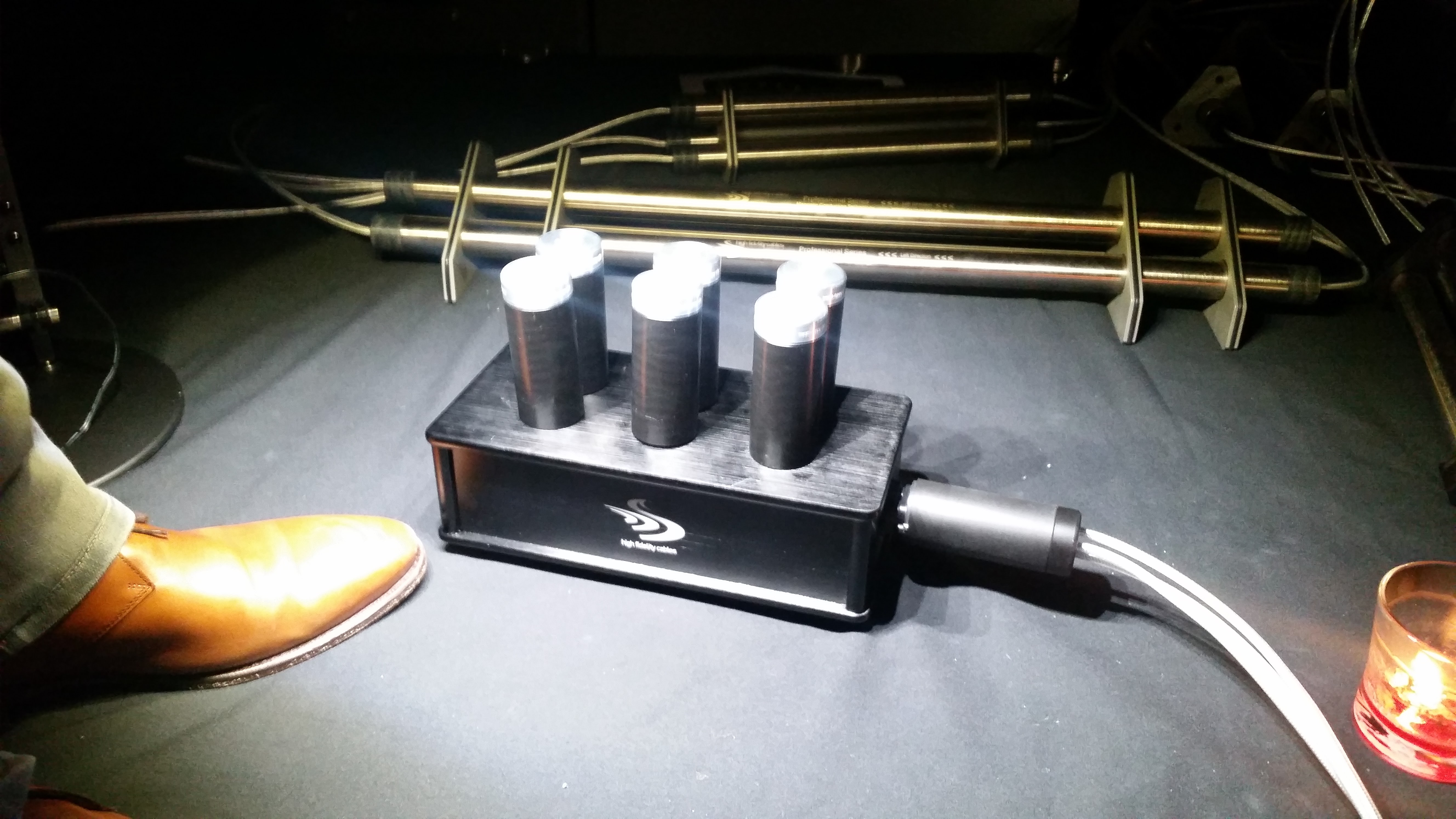
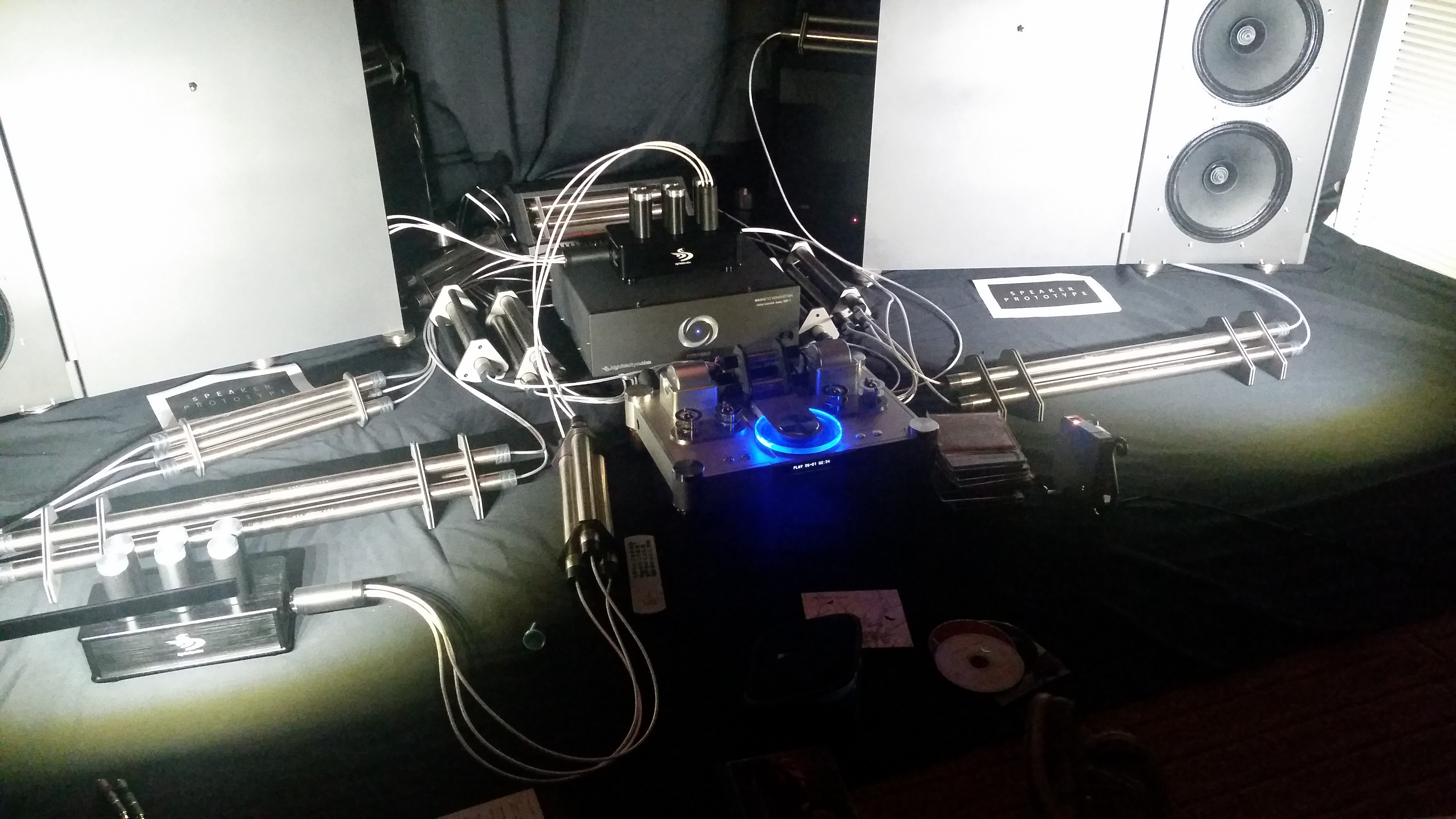
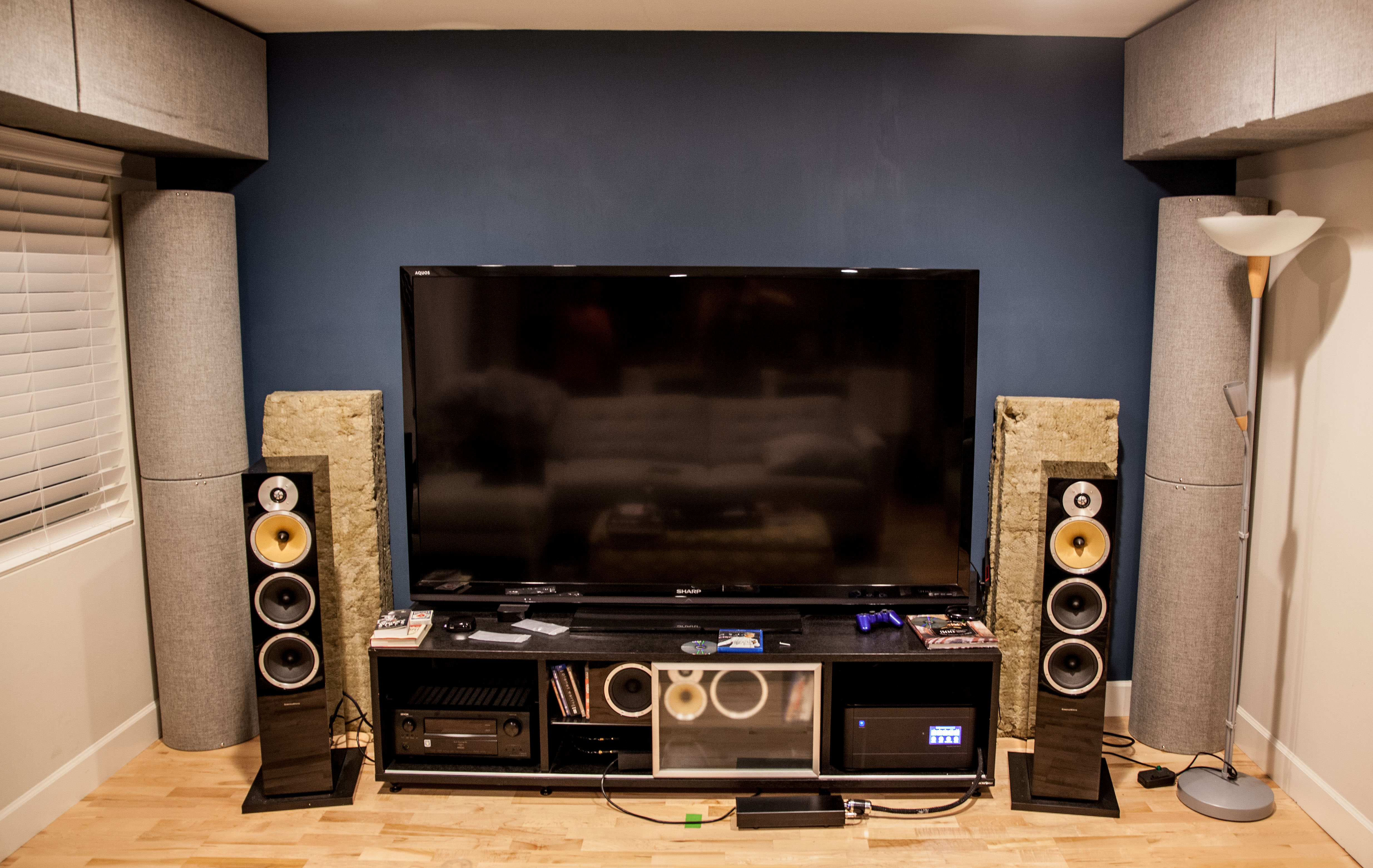
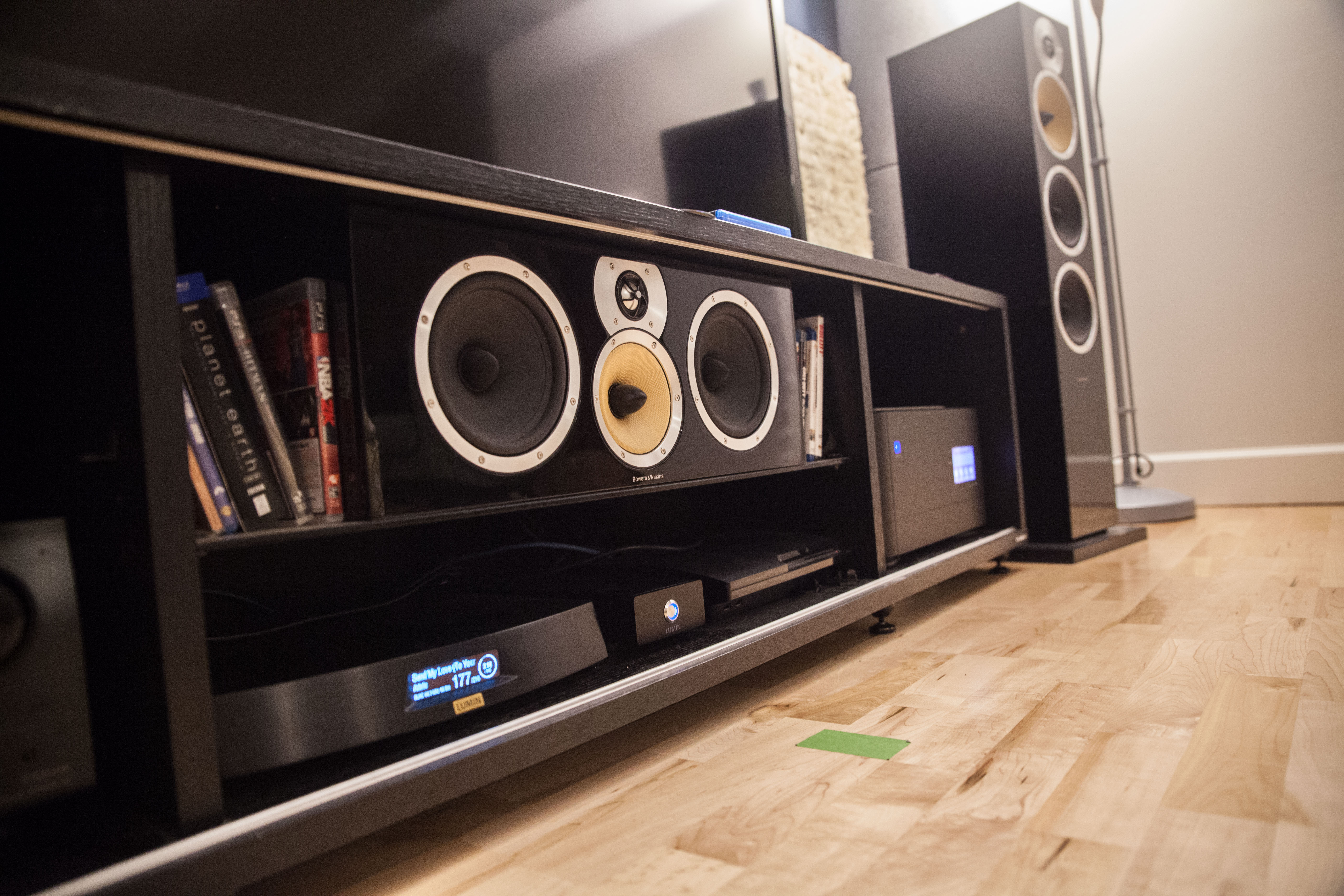
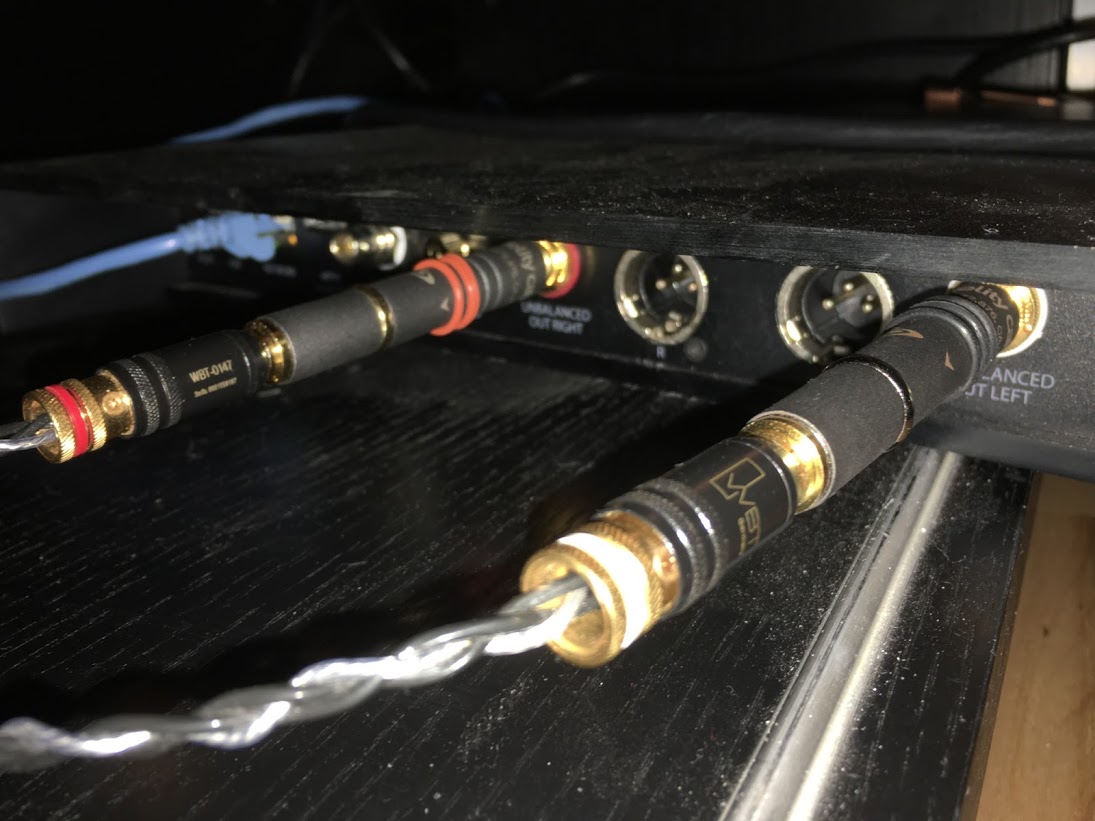
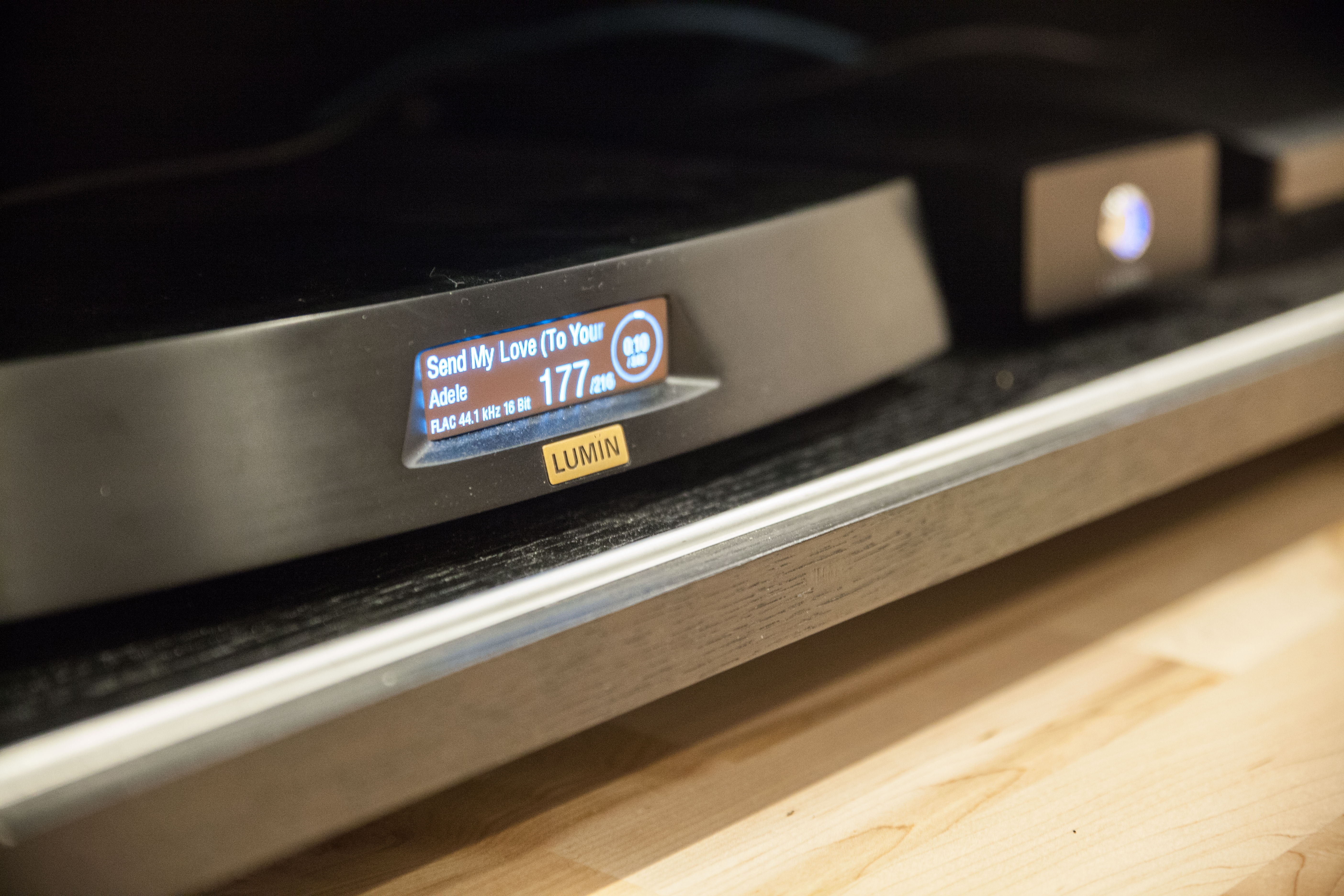
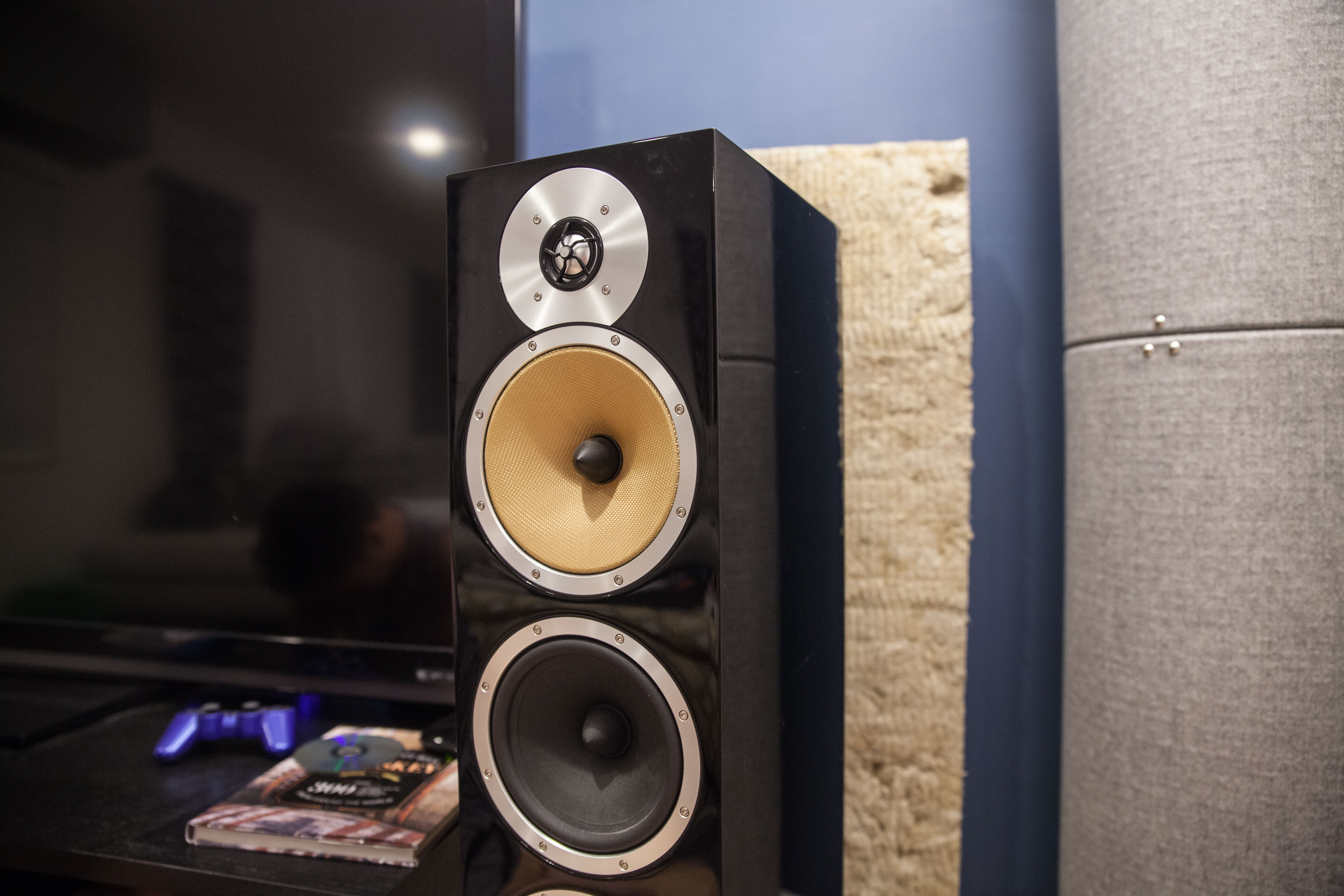


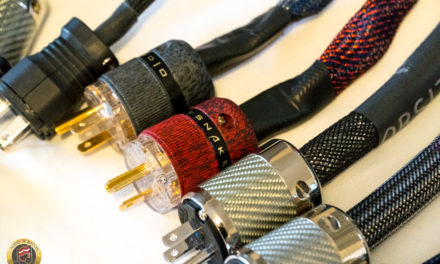
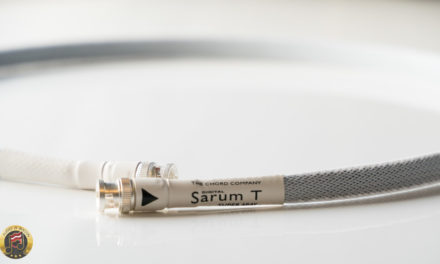
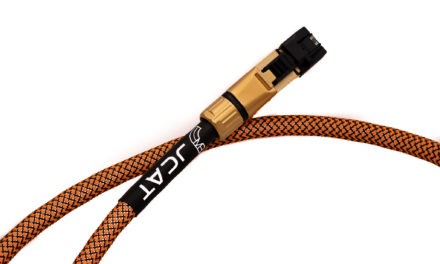


Another excellent review, Jay! Thanks!
Using multiple pairs (source,destination) of Magnetic RCA Adapters enables continued utilization of previous interconnect purchases . In combination with multiple MC`0.5s ,`best tweak EVER !!
Totally Agree with your results!!!
Good to hear George! I’ll have a review of their interconnects very soon. 🙂
Jay, I guess the question for me is whether the most improvement for the money is obtained by obtaining the High Fidelity Digital and RCA interconnects or the Magnetic adapters. I currently have Iconoclast interconnects but some inexpensive digital cables made for Benchmark. (although I have not tried the Benchmark equipment). But your review of the High Fidelity digital cables was compelling. I agreed totally with your review of the Iconoclast cables. Any thoughts on purchase priority? I have a Chord Quetest dac an my other electronics are comparable. Thanks
This, like many reviews of Magnetic Adapters, report only the initial improvement. Not to minimize the profound improvement upon first hearing the difference–give them 72 hours, then 200 hours, and at 400 hours of a signal, they show their full potential. The phenomena related to the magnetic field which develops over time. The magnets are permanent, so the longer they are attached, the greater the coverage of the magnetic field, and even More Music is revealed. Most noticeable is the complete disappearance of a noise floor. Noise is never noticed until it is gone. You can expect 5dB immediately, and after some burn-in time, you can increase volume by another 5dB, only to find the music is not ‘louder’. it is just more richly detailed. You can explore layers of the Music.